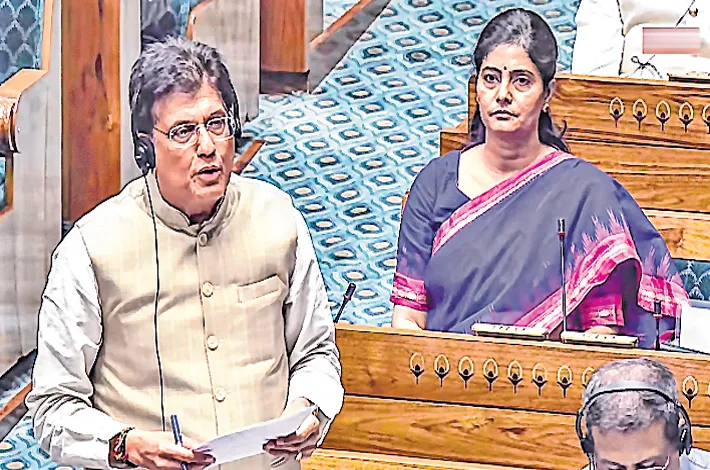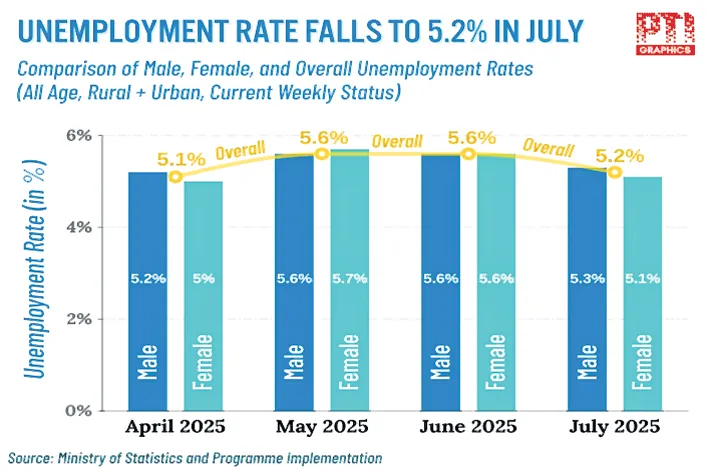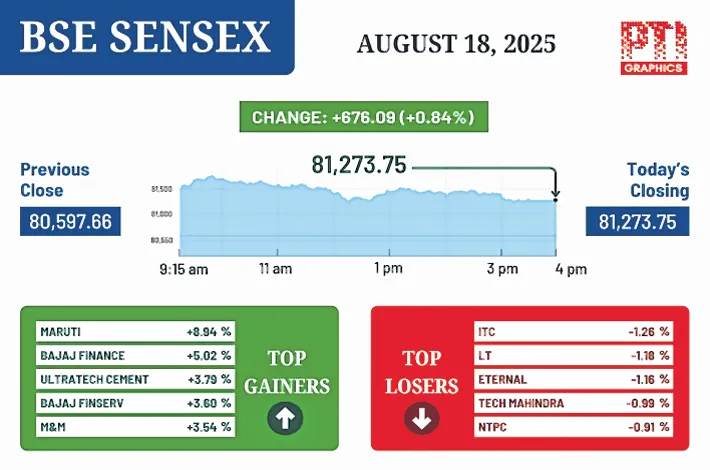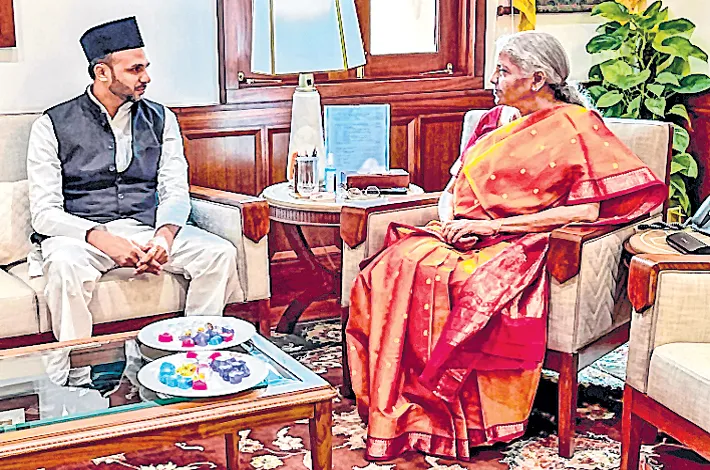markets to remain resilient; GST reforms, Wang Yi’s visit in focus
18-08-2025 12:00:00 AM

Indian stock markets are expected to remain resilient this week amid the big bang GST reforms, the Putin-Trump ‘no deal’ summit, Chinese Foreign Minister Wang Yi’s India visit today (Aug 18) and his meeting with PM Modi on Tuesday, and the S&P’s encouraging credit rating actions on India and Indian financial institutions.
“Trump flew 4,000 plus miles and had rolled out the red carpet for the Russian Putin in Alaska–and left empty-handed after some three hours of negotiations on Friday. A much-hyped summit between Trump and Putin that saw the US president flex his deal-making skills achieved no major breakthrough in peace negotiations over Russia’s war against Ukraine. Trump left Alaska with ‘no deal’, and no deal is always better than a bad deal,” Stephen Tomas, senior fund manager at a leading FII based in Singapore told The Free Press Journal.
Post-summit, Trump’s comments (‘some great progress” has been made’) are likely to instil optimism in equity markets worldwide. More importantly, FIIs in Mumbai are expected to focus on confirmed reports that the US credit spreads hit lowest level of this century. The FT’s Ian Smith from London said in a report that the gap between US companies’ borrowing costs and US Treasury yields has shrunk to its smallest since 1998, after a red-hot rally in global credit markets that investors warn is underplaying threats to the world economy.
The cost of borrowing for investment-grade companies in US and Eurozone credit mkts is 0.75 and 0.76 percentage points above benchmark government bond yields, respectively. This took spreads in the two markets—a proxy for the risk of default—on Friday to their lowest levels since 1998 and 2018, respectively.
“The FII activity will be influenced by the action on the tariff front. Latest news of easing of tensions between the US and Russia, and no further sanctions on Russia indicate that the secondary tariff of 25% imposed on India is unlikely to come into effect after August 27. Another factor which can influence FII behaviour is S&P raising India’s credit rating from BBB-to BBB,” said Dr VK Vijayakumar, a veteran investment strategist.
John Waldron, president and COO of Goldman Sachs said, “new Chinese investment in the US has dropped by more than 95% from its peak in 2016. Chinese capital is being redirected towards partners in Southeast Asia, the Middle East, and Latin America. Everywhere, capital is being deployed with more caution, with an emphasis on the short-term. Firms are investing in optionality—diversifying footprints, building local compliance strategies, and planning for abrupt policy shifts.
“It’s not about undoing global connections—but redefining them around new variables. “The firms that I see succeeding are those that develop more granular intelligence, more versatility, and a deep understanding of local conditions.” Reports that cholera strikes Sudan and beyond make high-net worth investors and the world panic. According to the UN, so far this year, cholera has killed more than 4,300 people across 31 countries. There is tremendous scope for India and China to collaborate in ancient medicines in the emergence of new pathogens.








